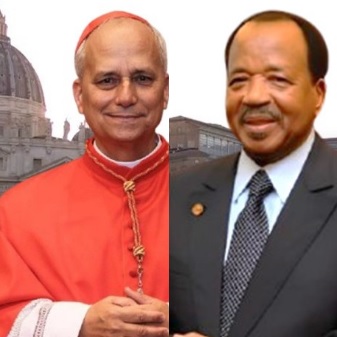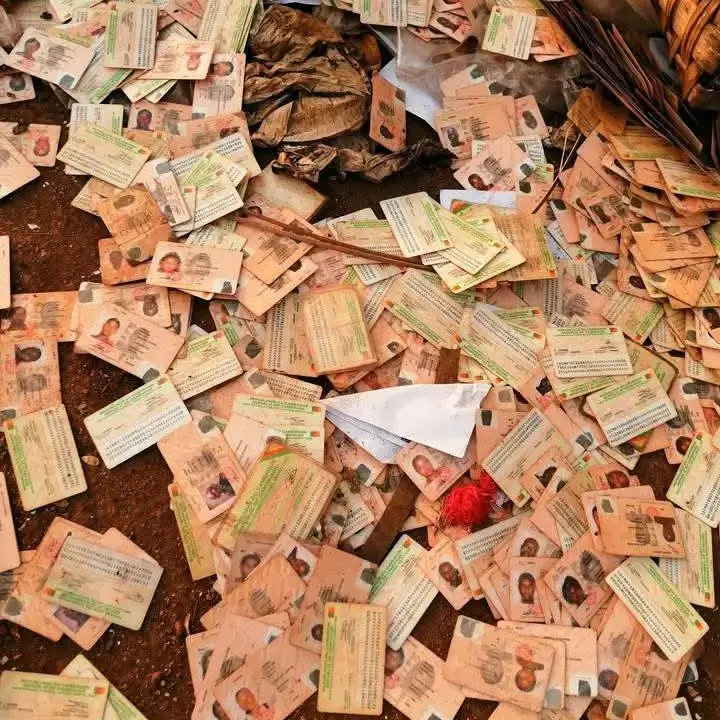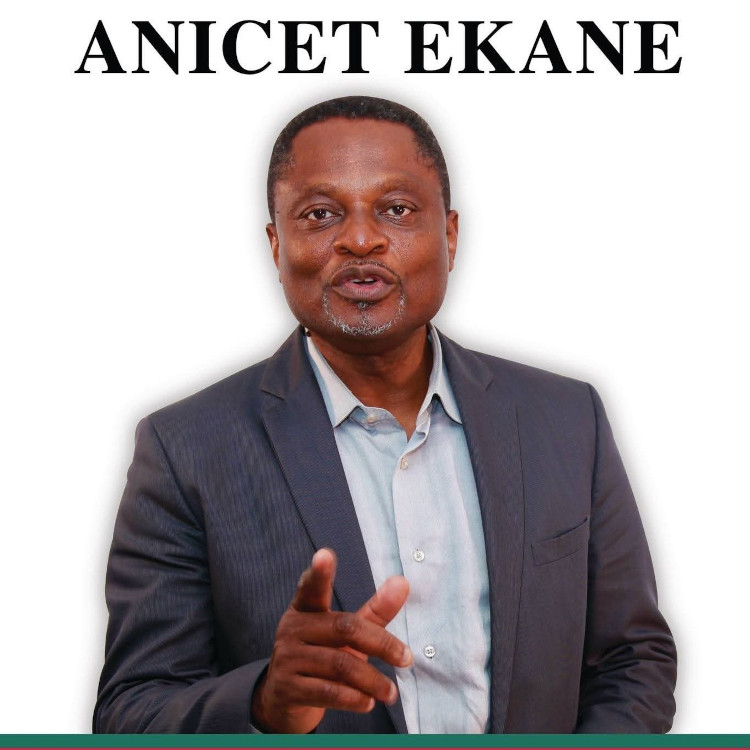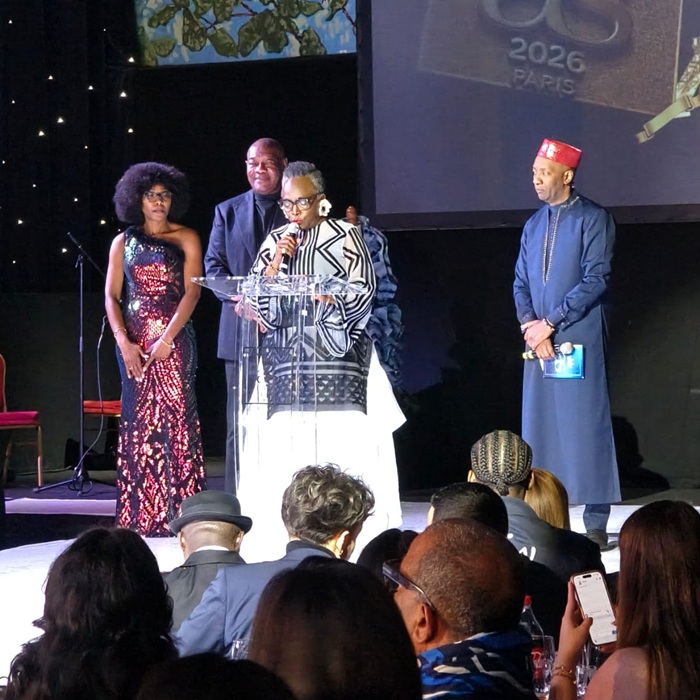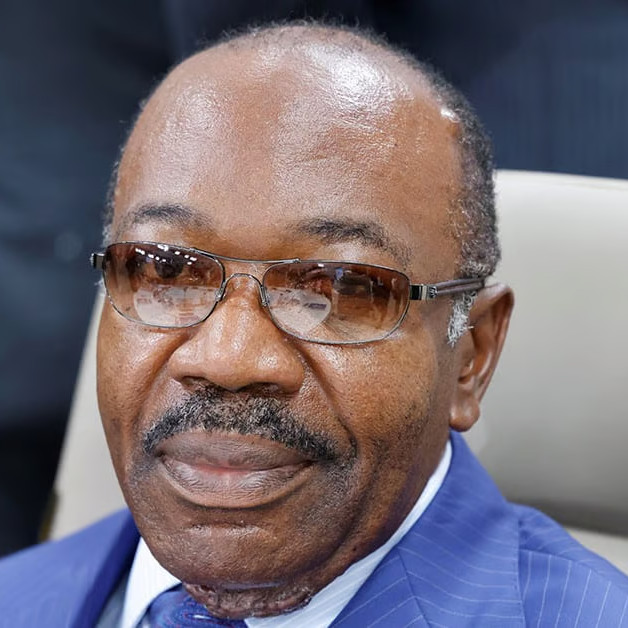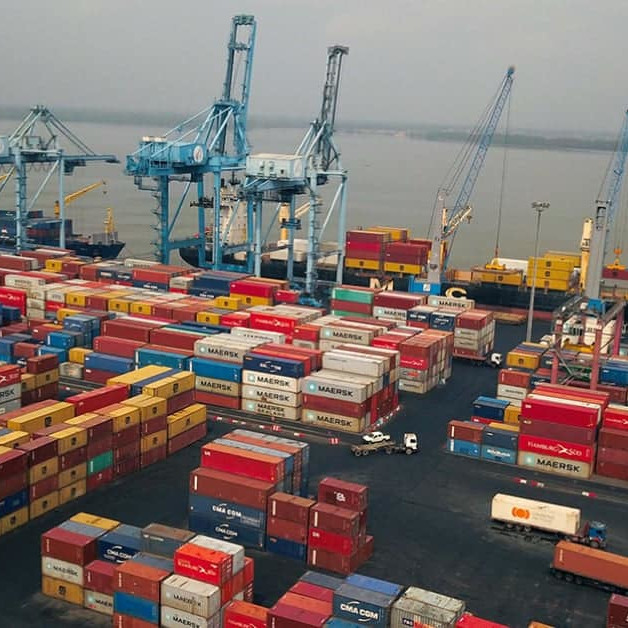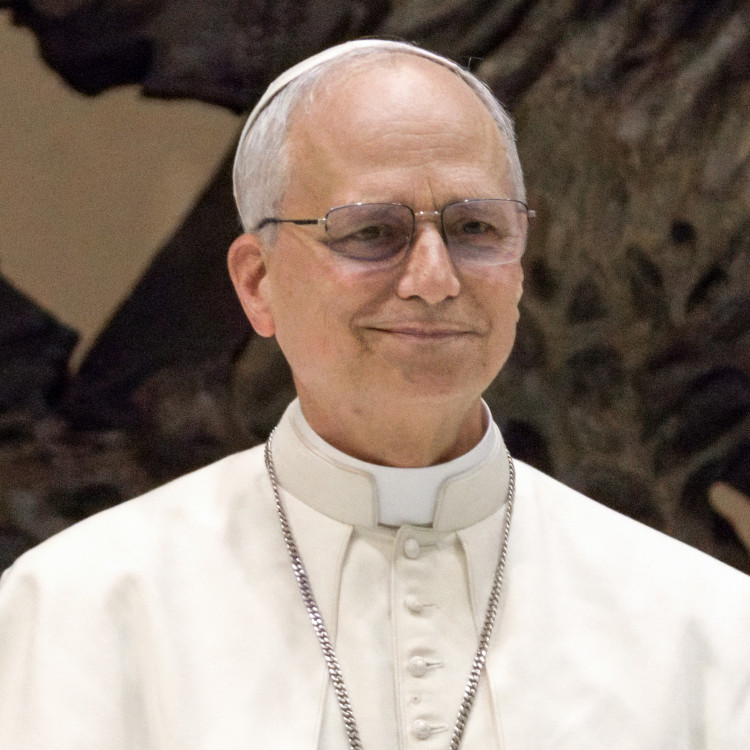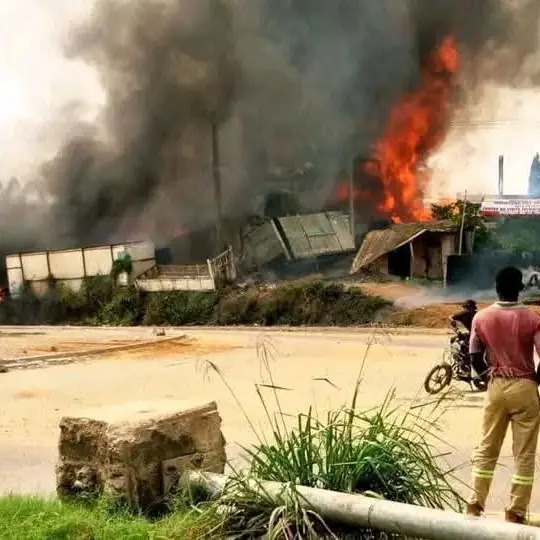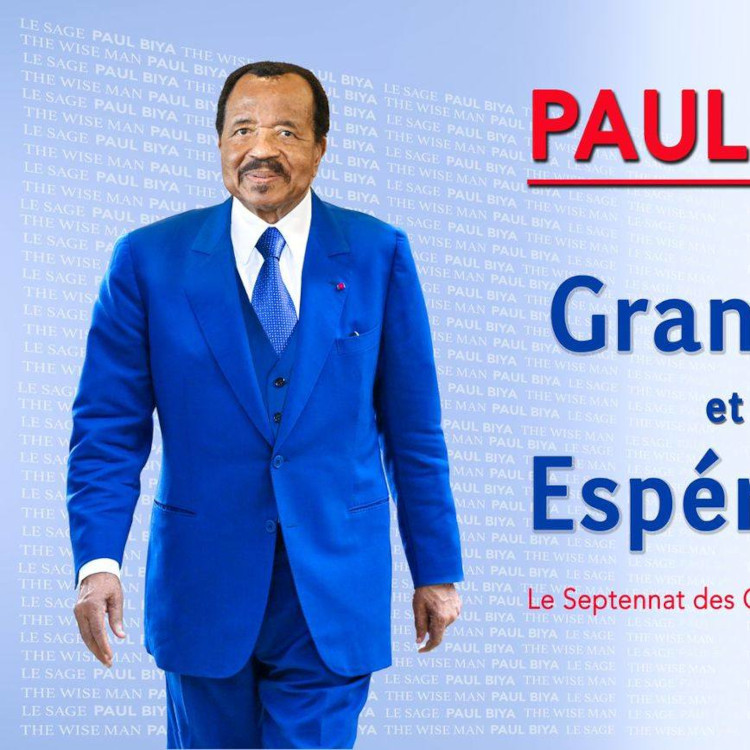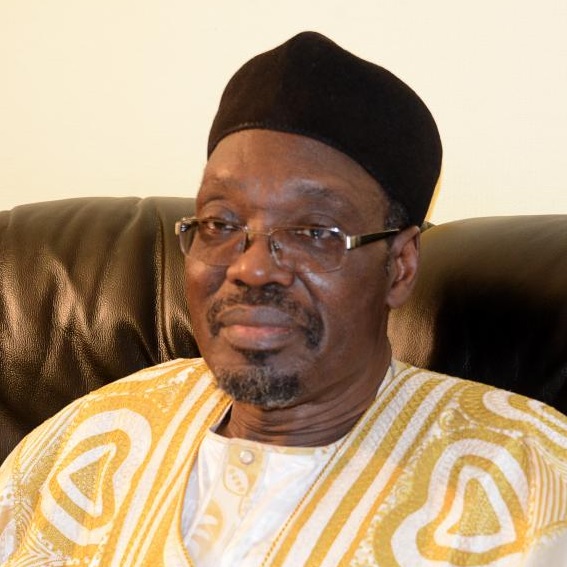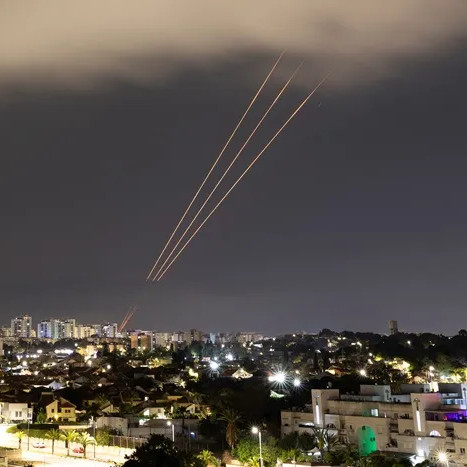

-
© Source : James Achanyi-Fontem
- 02 Sep 2018 11:18:00
- |
- 2736
- |
Cameroun, Douala: Another type of “Coupeurs des Routes” :: CAMEROON
In Douala, organizers of funerals over the week-ends could rightly be seen as another type of "coupeurs de routes" because the occupation of road axes in the economic capital for family manifestations have often caused conflicts between users and those who block them.
Most often, road users of certain axes go to work on a Friday morning without a problem, but on their way back by 3.30pm, they only discover that the same road axe has been obstructed by a group of youths who place old tires across to stop on-coming vehicles from crushing them as they mount tents either for wake keeping, funeral choir activities or simply a feast celebration.
Generally, as the tents are mounted, others place plastic chairs under the tents. In effect, circulation at the heart of Douala from Friday afternoon to Sunday morning in some quarters is often a very serious problem, because while the funeral tents are being mounted, company publicity vans also take their own share of the road not very far from the ceremony ground.
These vans are either supplying customers or animating the wake keeping and serving drinks to those who are tasty. This reduces circulation to snail speed more often than not, people decide to pack their cars around to continue their journey on foot, just to wait for congestion to be reduced before they can come back to collect their vehicles.
The physical indicators such as benches, old tires and plastic chairs are being placed on a Thursday evening, showing that the road would be blocked the next day, and generally people do not stay in their offices in Douala until closing hours of work on Friday. Everybody wants to return home before the roads are blocked by the funeral "coupeurs des routes".
When we talked to one of the organizers, he simply said, they have been permitted to occupy the road for the organisation of their manifestation. So, they are acting within the law. What really happens is that those who occupy these road axes deposit a request with a fiscal stamp of CFA 1000 and a Communal stamp of CFA 200 at the Douala City Council in Bonanjo indicating their intention to use part of the road axe.
The council accords this favour with defined limits, but those using the permit simply block the whole road knowing that no offices are opened over the week-end and complaints would not go far, if any clarifications are needed. The letter signed by the Government Delegate of the City Council, Edouard Etondè Ekoto, often clearly indicates that the road occupation is only a temporary extension of the veranda of the applicant and not the entire road axe.
In some quarters, persons occupying the road do not even go to the City Council to request for a permit. These persons who consider themselves as natives just get up one evening and start occupying the main road, complaining that the government claimed their land and their traditional rites can only be done where they live.
This is why the roads have to be occupied, because though government has occupied their land, they have to continue to exist. From this, you will understand that those who occupy Douala's principal road axes for funeral celebrations do not really see the harm caused to other users, while many consider the acts to be very frustrating when one is forbidden to circulate normally with his vehicle, especially at a time when the price of fuel is very high.
Many have missed their appointments because of these road blocks. The Divisional Officer for Douala I, Pascal Mbozo'o, contacted for an explanation said, the organisation of funeral ceremonies do not constitute a good element for any road to be blocked. He added that Law N° 90 explains the issue of authorisation for creating road blocks clearly.
A stretch of road can be blocked only if there is a serious accident, a disaster involving deaths or a big ceremony that involves top level government authorities. Generally, any such authorized road blocks are for security reason. In the case of these road blocks for purposes of funerals, the government delegate issues authorisation because he is the municipal administrator of the city and he manages drainages.
In normal circumstance, it is not the government delegate who should deliver the authorisation, but the divisional officer of the jurisdiction who takes charge of requests for any road blocks. Since the government delegate operates in the interest of the general public, the administration has not seen any reason to claim any rights.
On the other hand, D.O. Mbozo'o says that any non-respect of the laws of the land is an abuse and an infringement on the liberties of people to circulate freely. It is important to inform those regularly blocking roads for funerals, that any wrongful obstruction of a public road is punishable by law according to Article 230 of the Penal Code.
The punishment can be an imprisonment term from one month to two years for any unauthorized obstruction of a public road or any passage that facilitates circulation.
Pour plus d'informations sur l'actualité, abonnez vous sur : notre chaîne WhatsApp
Lire aussi dans la rubrique SOCIETE
Les + récents
Crise au Moyen-Orient : le continent africain écartelé entre Israël et l'Iran
Voyage du pape au Cameroun : trois jours et une escale dans l’enfer de la crise anglophone
Des milliers de cartes nationales d'identité retrouvées dans les poubelles à Bafoussam
Mort d'Anicet Ekanè au SED : autopsie sans la famille et transfert vers Douala
ETATS-UNIS – IRAN : LES VRAIES RAISONS DE LA GUERRE
SOCIETE :: les + lus
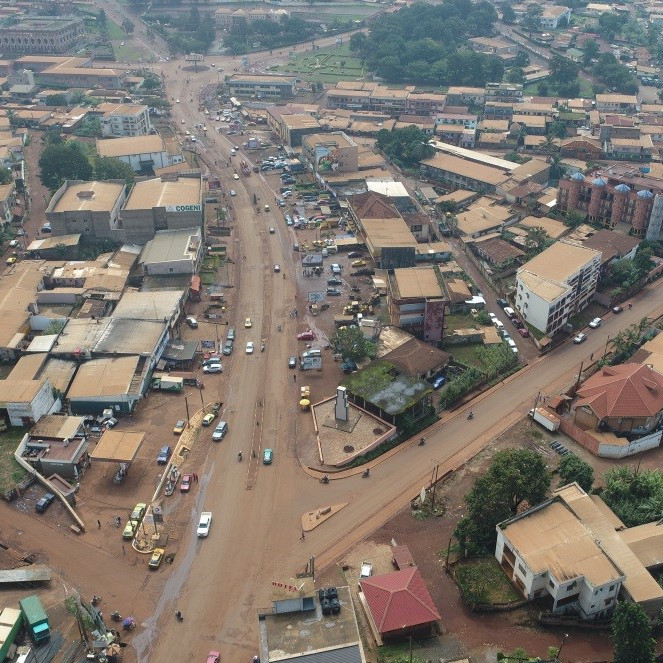
26 élèves surpris en train de tourner un film osé à Bafoussam
- 30 April 2015
- /
- 1032873

Brenda biya sème la terreur en boîte de nuit à Yaoundé
- 15 July 2015
- /
- 568850

Menacée de mort par sa famille car elle est lesbienne
- 03 March 2016
- /
- 456606

Oyom-Abang : une femme marche nue à Yaoundé VII
- 09 July 2015
- /
- 386947

LE DéBAT




Afrique : Quel droit à l'image pour les défunts au Cameroun ?
- 17 December 2017
- /
- 229851

Vidéo de la semaine
évènement


